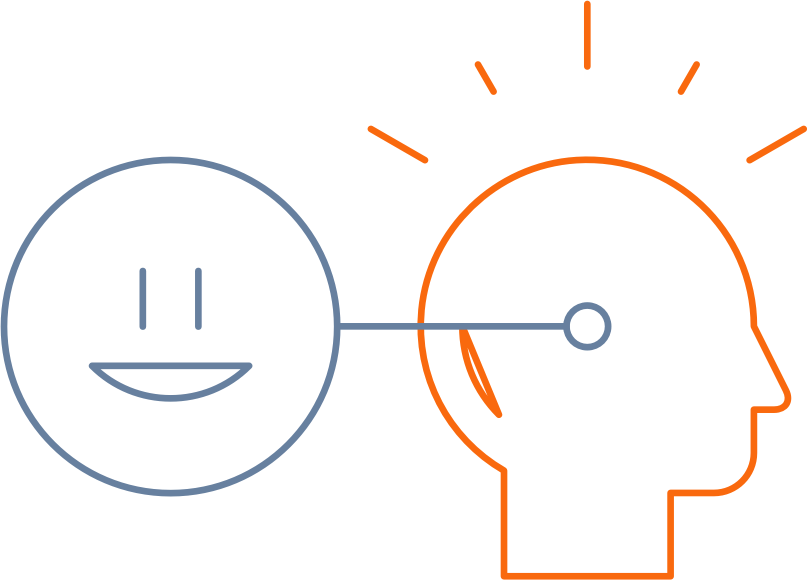Cognitive Behavioural Therapy
Transforming Beliefs
CBT therapy (Cognitive Behavioural Therapy) is a way of transforming your negative beliefs into positive beliefs. It begins by identifying your “stuck points” and converting them into positive thoughts.
Stuck points vary from person to person, and I will be able to find yours in the course of a gentle conversation with you. Once we have located your individual challenge I can ask specific questions to examine how you react to a situation. This then encourages you to create new thought patterns to combat the destructive beliefs and actions which have been holding you back.
Let’s look at a few examples:
- “I am worthless” … becomes … “I am worthy”
- “I am not good enough” … becomes … “I deserve good things”
- “I cannot trust anyone” … becomes … “I can choose whom to trust”
We all have these stuck points but are not aware of them because we are so used to living with them.
How my CBT therapy differs from others
My therapy uses a somatic approach to CBT. This means I help you identify your feelings in your thinking brain and then in your body – a method proven to be more effective.

Free CBT therapy online
This is a free 15-minute online CBT consultation to explore how I can help you and if I am the right therapist for you.
Click Here To RegisterPrivate CBT therapy
My sessions are all 1:1 and conducted in strict privacy. Everything we discuss remains confidential, data protection is in place and there will be a signed agreement between us. This gives you the security of knowing we can work together in complete confidence.
CPR
CPR (Cognitive Processing and Restructuring Therapy) is a form of CBT that is specifically focused on overcoming trauma. It is also known as Trauma Focused CBT (TF CBT).
You will begin by understanding how our brains and bodily responses can help maintain our memories after traumatic experiences. We can identify the factors that are maintaining your Post-Traumatic Stress Disorder (PTSD), anxiety, depression or other symptoms, such as misrepresented thought patterns about your Trauma experience that are causing self-blame and making you feel unsafe.
With my guidance you learn to replace these with more realistic and accurate thought patterns to help you cope better with triggers in the future. This also promotes more positive self-belief.
